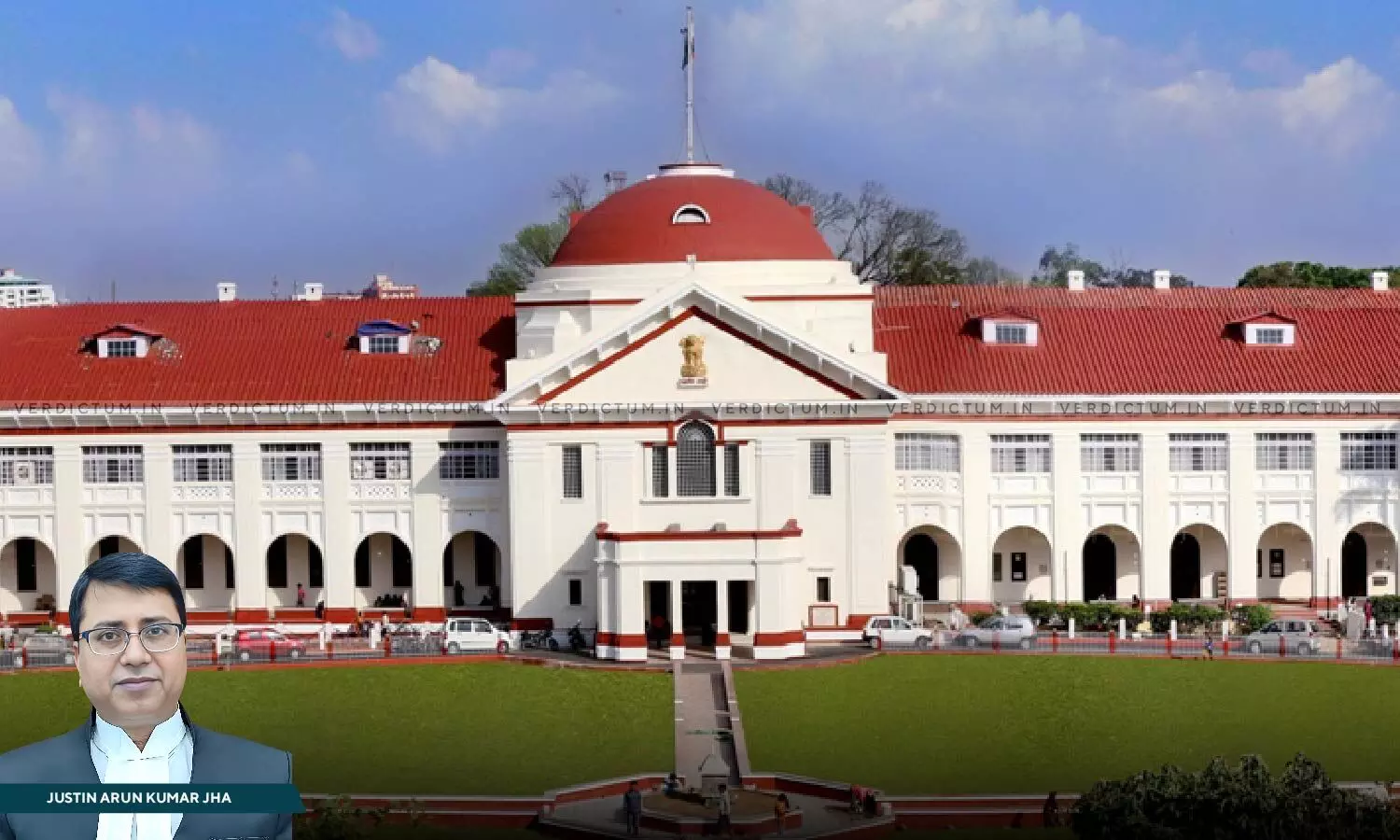
Section 152 CPC Empowers Court To Vary Its Judgment In Case Of Accidental Slip Or Omission In Manifesting Its Intention: Patna HC
 |
|The Patna High Court reiterated that if there is an accidental slip or omission in manifesting the intention of the Court, Section 152 of the CPC enables the Court to vary its judgment so as to give effect to its meaning and intention.
In light of the same, the Bench of Justice Arun Kumar Jha observed that, "the corrections contemplated under Section 152 are for correcting accidental omissions or mistakes and not all omissions and mistakes which might have been committed by the court while passing the judgment. This is the general principle associated with Section 152 of the Code but when a relief has been prayed for and the learned first appellate court failed to record its finding with regard to said relief, such error could be corrected under Section 152 of the Code and even under Section 151 of the Code. The hands of the learned first appellate court are not tied and it could look into all such matters arising out of any inadvertent error."
The plaintiffs filed a title suit against the defendants seeking a declaration that they had title over the suit land and that the sale deed executed by the defendant was illegal, without consideration, and inoperative, as it was executed by a person without title. The trial court ruled in favor of the plaintiffs. The defendants, dissatisfied with this judgment, filed an appeal which was dismissed. However, the appellate court, despite noting the plaintiffs' dispossession, failed to provide any relief regarding this issue. The plaintiffs then filed an application for rectification, which was rejected, leading to the petition.
The petitioner's counsel argued that the appellate court overlooked the defendants' admission in their additional written statement that they were in possession of the disputed land. This admission, according to the petitioner, negated the need for further evidence to prove possession.
The respondent's counsel argued that no relief could be granted in civil miscellaneous jurisdiction. They pointed out that the appellate court dismissed the petition under Sections 151, 152, and 153 of the Code because there was no oral or documentary evidence before the trial court proving the plaintiffs' dispossession from the suit property, nor was any issue framed for its adjudication.
The High Court took the view that the appellate court committed an error of jurisdiction when it rejected the petition filed by the petitioner, and in light of the same, the High Court set the impugned order aside.
Cause Title: Ram Chandra Sah & Ors. vs Akhilesh Prasad Yadav & Ors.
Click here to read/download the Judgment